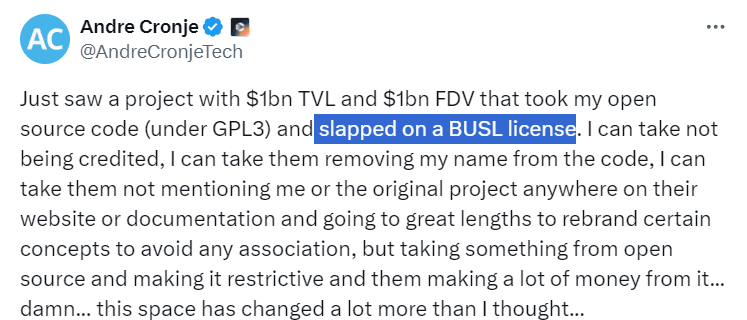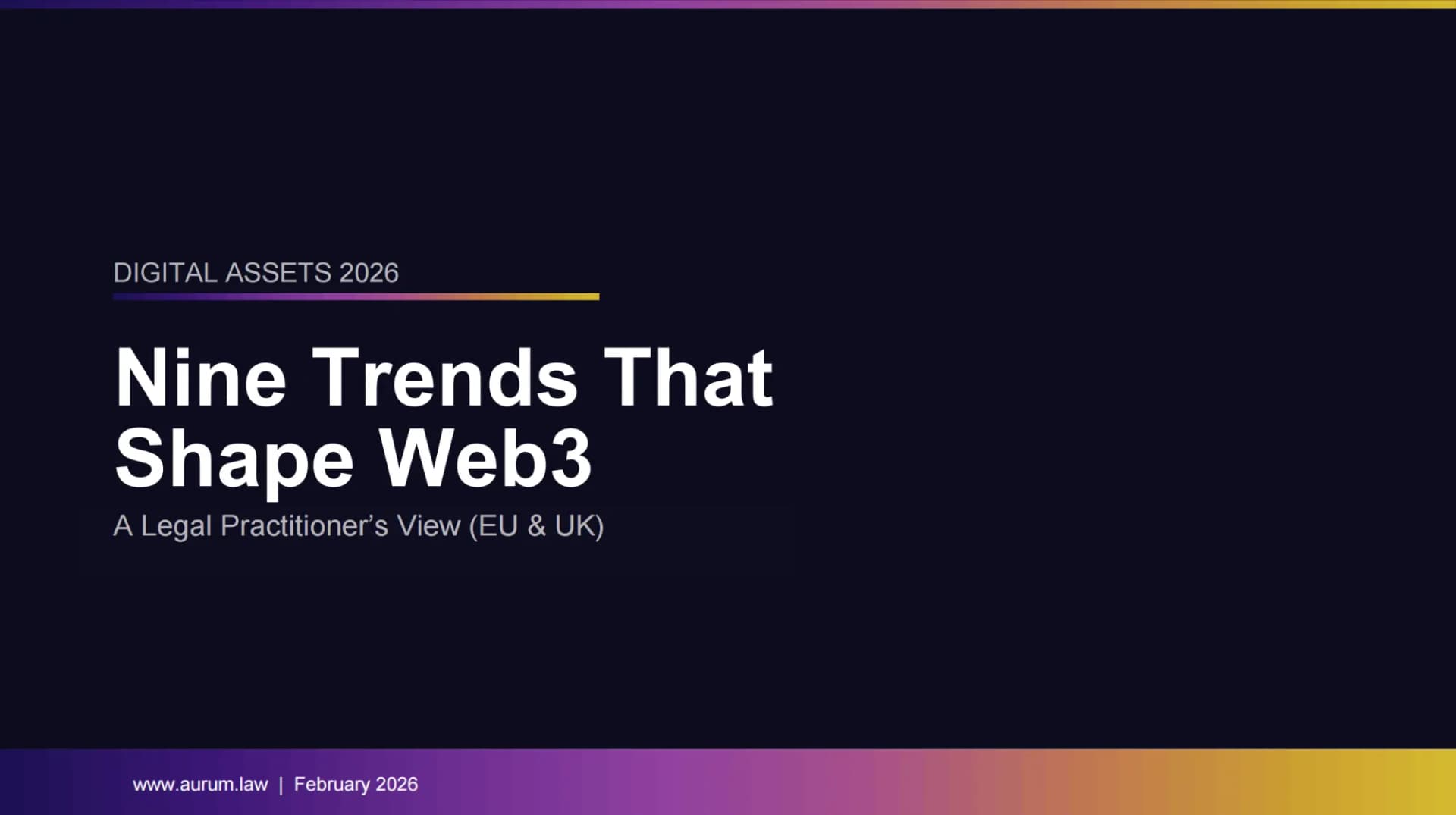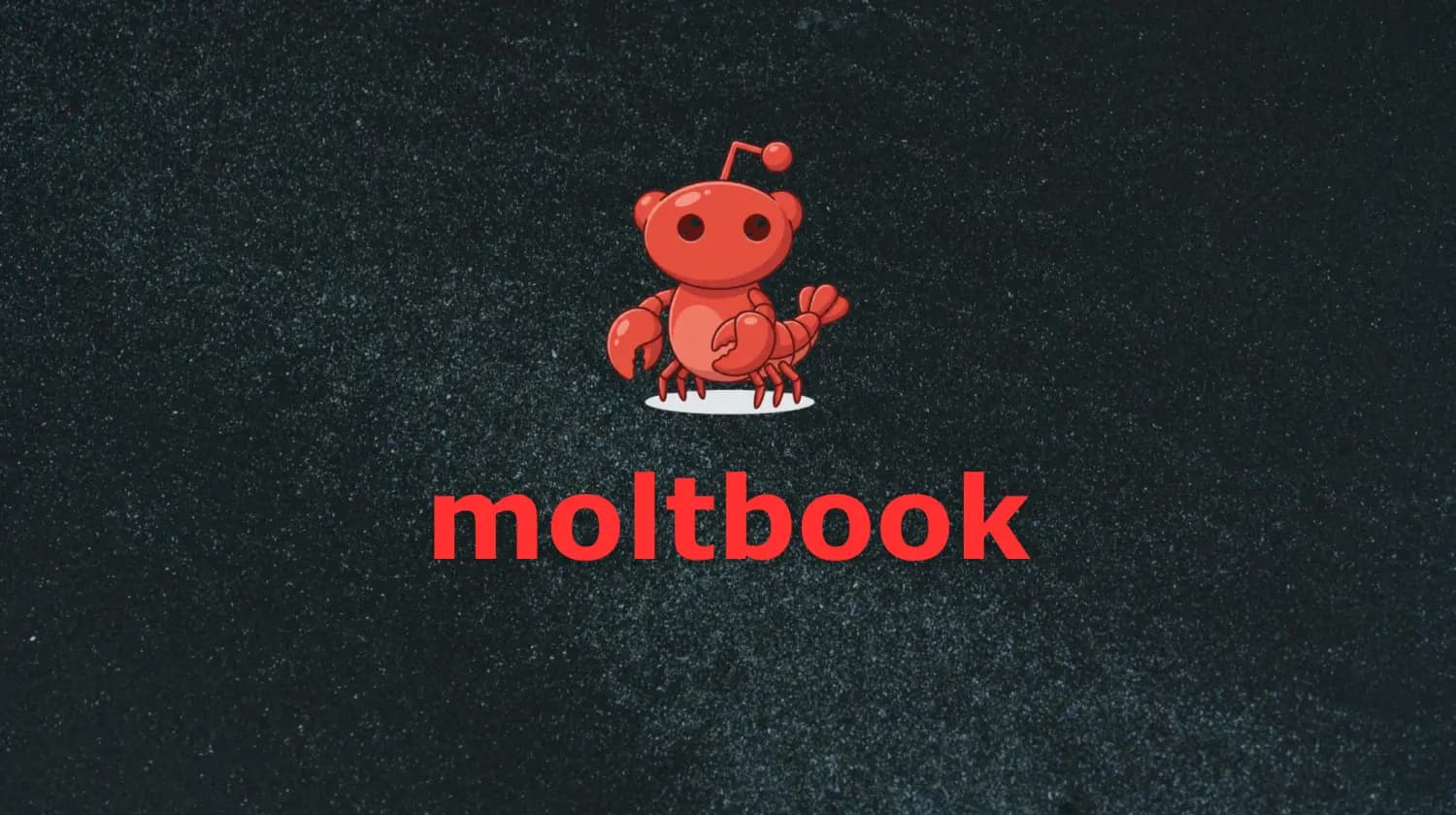Empowering tomorrow’s leaders. Mission

Open source in Web3: Lessons from the Andre Cronje and Aerodrome Finance Case
Summary: With Aerodrome, the largest DEX on BASE, shifting GPL-licensed code to the BUSL license, open-source licensing in blockchain is facing new challenges. This article delves into key details of this case, explains the essentials of open-source licensing, and offers insights on how to avoid legal pitfalls. Discover how to protect your Web3 project from IP issues and ensure compliance as the space continues to grow
Authors:

Managing partner

Associate partner

Web3 is built on the principles of openness, collaboration, and innovation. Developers often share their code openly, fostering a community-driven approach to building the next generation of the internet. However, this openness can sometimes lead to legal complexities, especially when it comes to intellectual property and licensing. A recent incident involving renowned developer Andre Cronje brings these issues to the forefront.
What happened?
Andre Cronje recently voiced concerns that his code was used without permission to build a DeFi project that amassed a valuation of over $1 billion. The code was allegedly utilized by Aerodrome Finance, one of the largest DeFi protocols on Base.

Andre’s original code was released under the GNU General Public License version 3 (GPLv3), a free license that allows anyone to use, modify, and distribute the code. However, Aerodrome Finance allegedly took the code and redistributed it under the Business Source License (BUSL).
To understand the issue here, we need to define the key concepts:
What are Software Licenses? What Does It Mean “Code Distributed Under License”?
A software license is a legal agreement that outlines how software can be used, modified, and shared by others. When a developer releases code under a specific license, they are specifying the terms under which others can interact with their work. This includes who can use the code, how it can be used, whether it can be modified, and how it can be redistributed.
In Web3 licensing is especially important, projects often rely on open-source collaboration, where developers build upon each other’s work to drive innovation. Clear licensing ensures that this collaboration happens legally and ethically.
What is Open Source?
Open source refers to software that is distributed with its source code made freely available to the public. However, open source doesn’t just mean access to the source code. The most commonly used criteria of open source licenses are established by the Open Source Initiative [1]. These criteria ensure that the software provides certain freedoms to users, particularly including freedom to redistribute and modify the code, subject to compliance with the license terms.
In essence, an open-source license is about free sharing and collaboration, providing a legal framework that balances the rights of the original creators with the freedoms granted to users and developers.
What is GNU General Public License (GPL)?
GNU General Public License (GPL) [2] is one of the most well-known examples of open-source licenses. It grants users the rights to use, study, modify, and distribute the software and its source code, but with a crucial condition: any derivative works or redistributed versions must also be licensed under the GPL. This means that if you modify GPL-licensed software or incorporate it into your own projects, you are required to release your contributions under the same GPL terms. The GPL aims to preserve the freedom of software by preventing proprietary restrictions, ensuring that the software and any improvements remain accessible to the public, and fostering a collaborative environment where developers share their enhancements with the community.
What Is the Business Source License (BUSL)?
The Business Source License (BUSL) is NOT an open-source license. While the source code licensed under BUSL may be public, there are certain restrictions on its “production use”, particularly in commercial settings. The BUSL permits free use of the software for “non-production” purposes like development, testing, or personal projects. However, deploying the software in a production environment, including for commercial purposes, typically requires obtaining a separate commercial license from the original developer. A distinctive feature of the BUSL is that after a specified period—often several years—the license automatically converts to a more permissive open-source license. This mechanism allows the software to eventually become fully open source, encouraging wider adoption and community contributions while initially protecting the developer’s commercial interests. In Web3, the BUSL license was popularized by Uniswap, which launched the third version of its protocol under the BUSL 1.1 license [3].
So, What is the Legal Issue in the Case Between Andre and Aerodrome Finance?
If Aerodrome Finance took the GPLv3-licensed code and re-licensed it under the BUSL, it has violated the terms of the GPLv3 license. The GPLv3 explicitly states that any derivative works that include GPLv3 licensed code must also be licensed under the same license. Applying the BUSL is not permitted, if Andre Cronje’s code is a part of the work.
From a legal standpoint, this breach affects Andre’s intellectual property rights. The GPLv3 license is a legal agreement between the licensor (Andre) and the licensee (anyone using the code). Such unauthorized re-licensing constitutes a breach of the license agreement and may also be considered copyright infringement.
Needless to say, re-licensing under a more restrictive license (which is itself illegal) undermines the open-source ethos by restricting the access and freedoms that the GPLv3 is designed to protect.
What are the implications of this violation?
Such unauthorized re-licensing constitutes a breach of the license agreement and may be considered copyright infringement. The original author or rights holder could pursue legal action, seeking remedies such as injunctions to prevent further distribution, monetary damages, and recovery of legal fees.
Another implication is that the project involved will need to act quickly to address the violation. One option is to comply with the GPLv3 by redistributing their product under the same open-source terms. Alternatively, they may attempt to remove the GPLv3 components entirely. This can be highly problematic, especially for projects already in operation, as removing or replacing key components is often complex and sometimes impossible, particularly for non-upgradable protocols.
Finally, beyond the legal consequences, this violation can result in significant reputational damage, undermining trust within the open-source community.
Key Takeaways for Web3 Developers
Understanding and adhering to software licenses is crucial in Web3, which heavily relies on open-source components. Violating licenses like the GNU General Public License (GPL) can lead to legal consequences and disrupt your project’s progress. Here are some recommendations:
- Establish and maintain an open-source policy, which is based on your project’s plans and needs. This is a must for projects working in the Web3 industry.
- Promote open-source awareness by educating your team on compliance best practices. Reputable resources, such as the Education Center by the Linux Foundation, can be invaluable in minimizing friction and ensuring adherence to open-source requirements.
- Always ensure compliance when using or modifying existing code to avoid infringement issues.
- Diligently verify the licenses of any third-party code you incorporate. Confirm that your usage aligns with the original licensing terms and provide proper attribution when required.
- When selecting a license for your own projects, carefully consider the implications.
- Using copyleft licenses (such as GPLv3) or restrictive licenses (such as BUSL) can limit interoperability with other open-source software. Depending on your project needs and resources used, copyleft or restrictive licenses may not be a good choice for you. License interoperability may be challenging; therefore, we recommend consulting with competent specialists at the development stage.
Paying close attention to licensing details not only protects you legally but also contributes to a more efficient and secure development process.
Disclaimer: This article is for informational purposes only and does not constitute legal advice. For legal advice regarding your specific situation, please consult a qualified attorney.
At Aurum, we focus on helping Web3 developers navigate open-source licensing compliance. Whether you need assistance with license selection, compliance, or addressing legal issues reach out to us for expert guidance.
[3] - https://support.uniswap.org/hc/en-us/articles/14569783029645-Uniswap-v3-licensing





